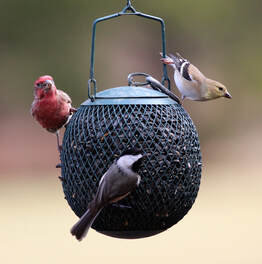 Photo by Jacki Byers Photo by Jacki Byers Georgia Audubon has been receiving questions about the current outbreak of Highly Pathogenic Avian Influenza (HPAI) in birds across the country. In April 2022, the Georgia Department of Natural Resources announced (https://georgiawildlife.com/avian-influenza-detected-bald-eagles-georgia) that highly pathogenic avian influenza virus (also known as HPAI or EA H5 Avian Influenza) has been detected in several Bald Eagles and a handful of Georgia waterfowl species. More on those detections can be found on the USDA APHIS avian influenza surveillance website. SHOULD I TAKE DOWN MY FEEDERS? There are no current recommendations from officials in Georgia to remove songbird feeders, though you may want to exercise caution if you keep or live near poultry. As always, we recommend that anyone with bird feeders continues to follow responsible protocol by cleaning feeders and baths regularly. Wear disposable gloves, empty, then clean with a 10% bleach solution (one-part bleach mixed with nine parts water). Rinse thoroughly with water and allow to air dry completely (in the sun if possible) before filling with fresh seed or water. We DO advise that you take down your bird feeders and baths if:
WHAT IS HPAI? HPAI is a deadly viral disease that infects the respiratory and gastrointestinal tracts of birds. It has most significantly affected domestic poultry (chickens, turkeys, ducks) and farms may suffer rapid spread and high mortality rates (those keeping flocks should review the APHIS Defend the Flock program). DOES IT AFFECT WILD BIRDS? Yes, and this disease has been detected in a few wild birds (11 at the time this post was written) in wild bird populations in Georgia. According to the USDA, wild birds can contract, shed, and spread the virus at a rapid rate without showing symptoms of the disease. Currently, the wild species most affected appear to be the following:
WHAT SHOULD I WATCH FOR? For birds that it affects, common symptoms include:
WHAT SHOULD I DO? If you are a birder, please be vigilant. This virus is hardy and can be spread easily via vehicles, birding equipment, and more. If visiting a wetland area, bring a change of footwear so that you can change shoes before getting out of your vehicle and after you return to your car. Disinfect footwear and equipment before using again. HPAI is a zoonotic virus, meaning that it can cross species boundaries, and it can be transmitted to people and other animals. The majority of avian influenza viruses do not infect humans; however, simple precautions should be taken to reduce or minimize the risks of infection:
FURTHER READING AND ADDITIONAL INFORMATION: Georgia Department of Natural Resources Press Release: https://georgiawildlife.com/avian-influenza-detected-bald-eagles-georgia UGA Extension Service Avian Influenza page: https://extension.uga.edu/topic-areas/animal-production/poultry-eggs/avian-flu.html Georgia Department of Agriculture Avian Influenza page: https://agr.georgia.gov/avian-influenza.aspx Georgia Department of Public Health Avian Influenza Page: https://dph.georgia.gov/avian-influenza CDC Avian Influenza page: https://www.cdc.gov/flu/avianflu/hpai/hpai-background-clinical-illness.htm USDA page on Avian Influenza: https://www.aphis.usda.gov/aphis/ourfocus/animalhealth/animal-disease-information/avian/avian-influenza/hpai-2022/2022-hpai-wild-birds APHIS “Defend the Flock” page: https://www.aphis.usda.gov/aphis/ourfocus/animalhealth/animal-disease-information/avian/defend-the-flock-program/defend-the-flock-program Information from National Audubon Society https://www.audubon.org/news/north-american-birds-face-their-own-pandemic-latest-bout-avian-flu
0 Comments
Your comment will be posted after it is approved.
Leave a Reply. |
AuthorBirds Georgia is building places where birds and people thrive. Archives
July 2024
Categories |

 RSS Feed
RSS Feed

